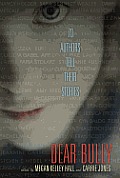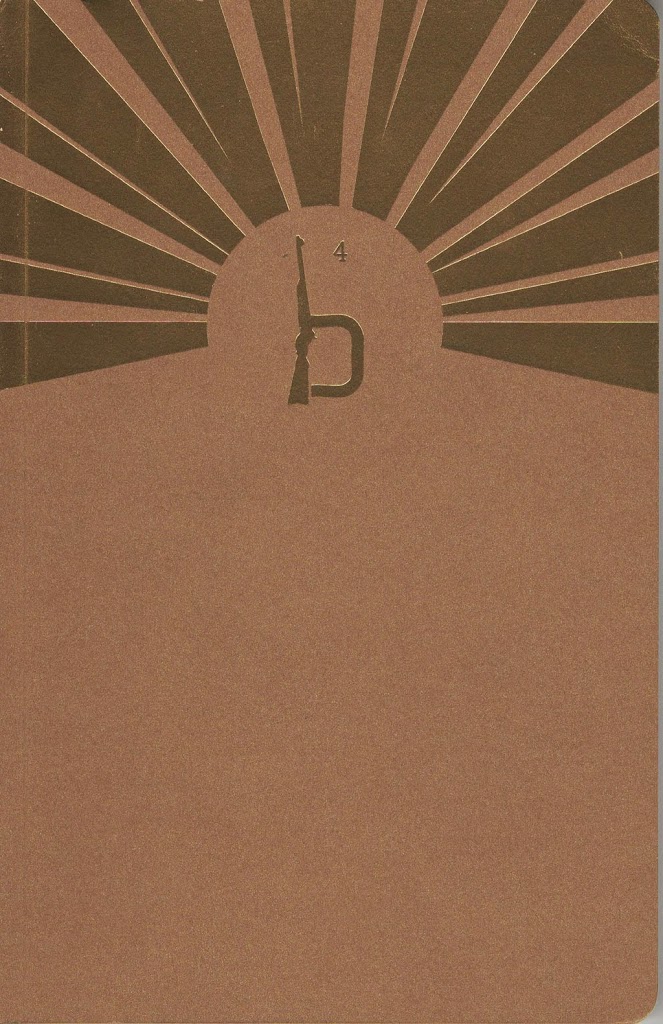What I’m Reading :: Dear Bully
 Note: If you don’t read all of this, read this much – Please buy a copy of this book and donate it to your local library and/or public school library. Kids need access to books like this to know they are not alone. (This is how I’d planned to end this post, but since not all readers will make it that far, I felt the need to start with it.)
Note: If you don’t read all of this, read this much – Please buy a copy of this book and donate it to your local library and/or public school library. Kids need access to books like this to know they are not alone. (This is how I’d planned to end this post, but since not all readers will make it that far, I felt the need to start with it.)
Dear Bully, edited by Megan Kelley Hall and Carrie Jones, is a collection of seventy stories from young adult authors recalling their own childhood experiences with bullying. The perspectives vary, from being an observer who does nothing to stop the incidents, to being the victim – most often feeling helpless, hopeless, but also angry and acting out – to being the perpetrator, a point of view least often explored, and, though with no means to excuse it, often revealing as much hopelessness and helplessness as the victims themselves.
With school gearing up, this book would make a incredible addition to any classroom – from middle school right on through college. This kind of text provides an extremely accessible approach to starting discussions about bullying. Without being preachy or mandating step-by-steps, these stories open the door to talking about what it’s like to be bullied and why it matters to have these conversations now. Who better to provide this to young adults but the young adult authors themselves, many of whose works may already be on the bookshelves in the classroom.
The book is divided into sections: Dear Bully; Just Kidding; Survival; Regret; Thank You Friends; Insight; Speak; Write It; and It Gets Better. The most heart wrenching for me was the Dear Bully section, in which authors write letters to the bullies of their pasts. All are from the perspective of the adult looking back, and these stories in particular seem to hit the strongest chord of showing just how long-lasting negative memories of bullying can be. For anyone who says, “It’s just kids being kids” and “They’ll get over it” – this section is for you.
There are also some fun and uplifting works – where friends stand by one another and stop their hurtful behavior, where the victim finds resolve and perseveres – and not just in adulthood, but then, there, in that moment of childhood. And of course, many, many of the stories show that, despite the bullying, despite feeling as a child that the world was going to end, all of these adults either say directly in their stories or show simply by their being included in this volume, that life does go on and there is more to life than just surviving. Of course, the best stories are the ones where the victims do see their bullies in adulthood and find that those ogres are just regular people – no longer larger than life, no longer commanding control of their universe. And the victims see that they themselves may actually have come out for the better in their lives. Maybe a bit of “vindication” – self-satisfying, but not without its truth.
This collection offers a delightful variety of writing styles – from the epistolary to the narrative – including diary entries, loads of character sketches (of course) and effective dialogue – both external and internal. There are song lyrics by Jessica Brody (with a link to hear the song online), an A-Z narrative (not quite an acrostic) by Laura Kasischke, a comic with story by Cecil Castellucci and illustrated by Lise Bernier, and another of my favorites, Sara Bennett Wealer writing to herself as a young girl with “stuff I wish someone would have told me when I was sixteen.” This should be required reading of ALL young girls (not to mention some adults).
The book includes two helpful sections: “Resources for Teens” and “Resources for Educators and Parents.” Dear Bully has a website that at the moment doesn’t have a whole lot to offer, mostly just media PR on the book, and a Facebook page where users post insightful, supportive, and helpful comments on bullying – what states and schools are doing, as well as personal commentary. A lot more going on here with 800+ likes.
With incidents of bullying – and the most insidious of all: cyberbullying – on the rise, this book comes into and can help start the conversation at the most opportune time. Dear Bully is for everyone who has grown up in this culture where bullying takes place every day, not just in the schools, but in our streets, in our homes, our place of work (and globally). Dear Bully unveils the truth of who we are as a community of people, and it’s not pretty. But until we recognize this, stop keeping it silent, and address it head-on, we’re doomed to continue forcing young people to have to “survive” their childhoods. It’s time to be the grown-ups we wish had stepped in to help us when we were young.




